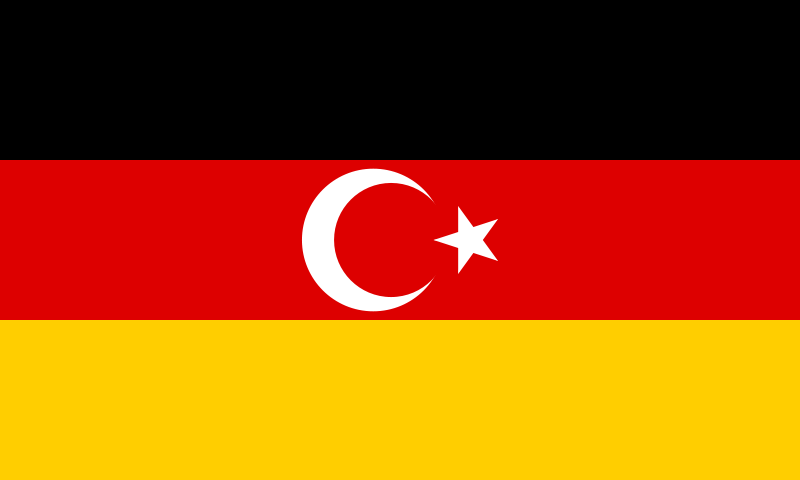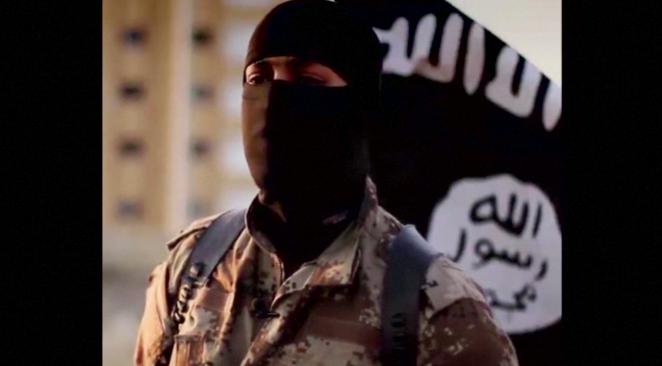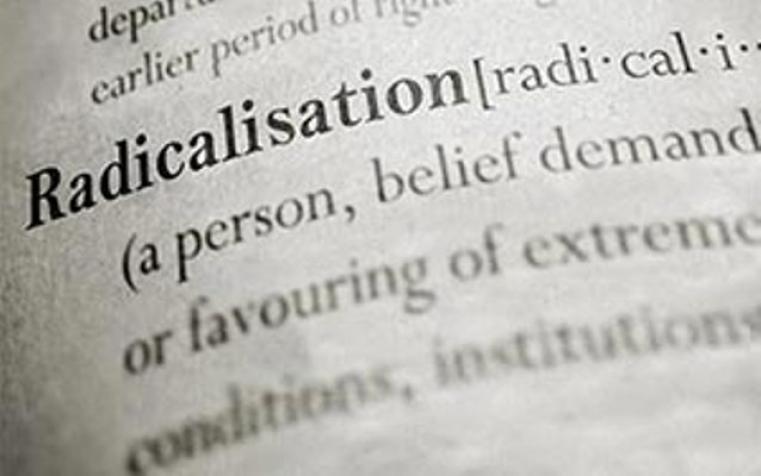
German Turks debate the results of the constitutional referendum
On April 16, Turkish voters approved President Erdoğan’s proposed constitutional changes, transforming the country into a presidential republic. Turkish voters domestically were close to being evenly split on the issue, with only a narrow majority 51.4 per cent voting Yes. Strong Yes vote among Turks abroad Turks living abroad generally supported Erdoğan by a much…





